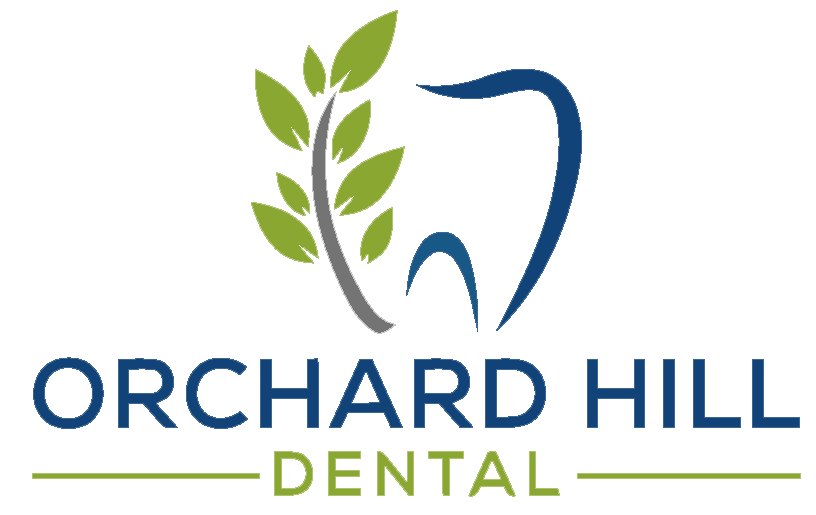Aging is inevitable. As we get older, our bodies change, which means we must change our care routines. Our teeth are no exception. Over a lifetime, our teeth experience wear and tear. Unfortunately, this can damage the enamel and alter your oral health. Knowing how your teeth evolve with age allows you to be better prepared to take care of them. In the long run, this will keep your teeth and mouth healthier.

Dry Mouth
Dry mouth is a common condition among the aging population. Essentially, dry mouth occurs when your mouth doesn’t produce enough saliva to stay moist. Along with age, there are other factors that can create dry mouth. For example, some medications, such as antihistamines or decongestants, can worsen your dry mouth symptoms. Unfortunately, one way your body changes with age is its ability to process medication. Additionally, inadequate nutrition can cause dry mouth.
Bacteria thrive in a dry environment, which creates problems for your oral health. If your mouth doesn’t produce enough saliva, you have a higher chance of developing gum disease or tooth decay. This is because dry mouth can cause an increase of plaque production. Plaque can damage your enamel and irritate your gums.
Tooth Decay
One issue that is typical among older people is tooth decay. According to the American Dental Association (ADA), about half of people over the age of 75 have cavities in at least one tooth. There are a few reasons for this increase in tooth decay.
First, dry mouth happens more as we get older. A dry mouth carries more bacteria. More bacteria will cause more decay. Second, gums naturally recede more with age. Unfortunately, this creates more room for plaque buildup. Receding gums expose more of the tooth root surface. Finally, wear and tear over a lifetime will damage the enamel. Damaged enamel increases the risk of cavities.
Gum Disease
Gum disease is the inflammation or infection of the gums. Typically, plaque is the leading cause of gum disease. One side effect of gum disease is receding gums. When plaque builds underneath the gum line, they begin to pull away from the teeth.
Age is another reason that gums recede. One issue can multiply another. Regardless of the cause of receding gums, it can increase your chances of gum disease or advancing gum disease.
Receding gums expose more of the tooth’s root, which can also cause tooth decay. When the gums pull away from the teeth, it can destabilize the teeth. Therefore, gum disease and receding gums can cause missing or loose teeth.
Worn Teeth
Over the course of a lifetime, your teeth experience wear and tear. Chewing and speaking cause the teeth to touch and grind against each other. While enamel is strong, it can physically erode over time. With damaged enamel, teeth can become more sensitive to temperatures while eating and drinking. Additionally, the enamel should protect the teeth from harmful bacteria. However, weakened enamel puts teeth at risk for tooth decay.
